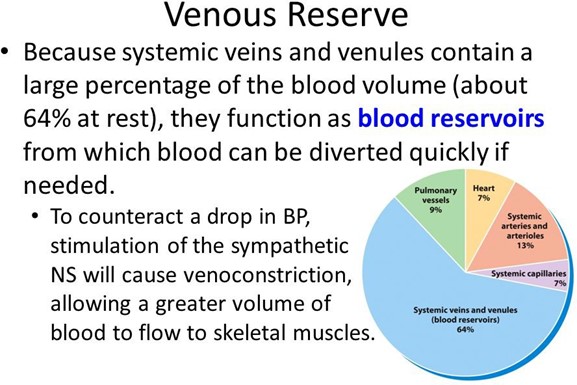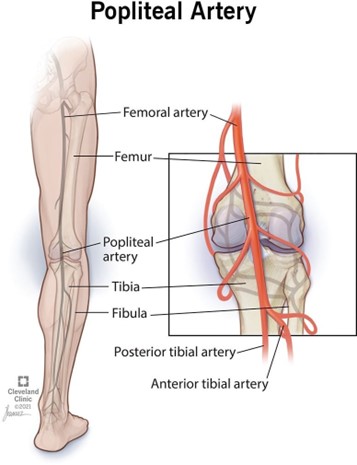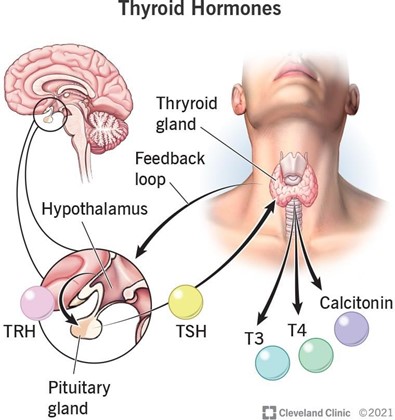Which type of blood vessel holds the greatest volume of blood?
Capillary.
Vein.
Arteriole.
Artery.
The Correct Answer is B
Veins are the type of blood vessel that holds the greatest volume of blood and serve as reservoirs for blood.

According to 1, veins contain about 70-80% of the blood volume in circulation.
Veins are also called capacitance vessels because they can expand and store more blood when needed.
Choice A. Capillary is wrong because capillaries are very thin and narrow vessels that allow the exchange of gases and nutrients between the blood and the tissues.
Capillaries have a very small volume compared to veins.
Choice C. Arteriole is wrong because arterioles are small branches of arteries that regulate blood pressure and blood flow to the capillaries.
Arterioles have a higher resistance and lower volume than veins.
Choice D. Artery is wrong because arteries are thick and muscular vessels that carry oxygen-rich blood away from the heart to the rest of the body.
Arteries have a higher pressure and lower volume than veins.
Normal ranges for blood volume vary depending on age, sex, weight, and health status, but generally range from 4 to 6 liters for adults.
Nursing Test Bank
Naxlex Comprehensive Predictor Exams
Related Questions
Correct Answer is C
Explanation
The popliteal artery is a continuation of the femoral artery that runs through the back of the leg and the knee.

It is located in the popliteal fossa, a hollow space behind the knee. The popliteal pulse can be felt behind the knee.
Choice A is wrong because the thymus is a gland in the chest, not in the leg.
Choice B is wrong because the liver, spleen, and upper gastrointestinal tract are organs in the abdomen, not in the leg.
Choice D is wrong because the colon and rectum are parts of the large intestine, not the leg.
Correct Answer is C
Explanation
The thyroid gland secretes triiodothyronine (T3), which is one of the two main thyroid hormones that affect almost every physiological process in the body.

T3 is the more metabolically active hormone produced from thyroxine (T4), which is the other thyroid hormone.
Choice A is wrong because the adrenal gland secretes hormones such as cortisol, adrenaline, and aldosterone, which are involved in stress response, blood pressure regulation, and metabolism.
Choice B is wrong because the pancreas secretes hormones such as insulin, glucagon, and somatostatin, which are involved in blood glucose regulation and digestion.
Choice D is wrong because the parathyroid gland secretes parathyroid hormone (PTH), which is involved in calcium and phosphate homeostasis.
Normal ranges for T3 levels vary depending on the laboratory and the method of testing, but they are usually between 100 and 200 nanograms per deciliter (ng/dL) for total T3 and between 2.3 and 4.2 picograms per milliliter (pg/mL) for free T.
Whether you are a student looking to ace your exams or a practicing nurse seeking to enhance your expertise , our nursing education contents will empower you with the confidence and competence to make a difference in the lives of patients and become a respected leader in the healthcare field.
Visit Naxlex, invest in your future and unlock endless possibilities with our unparalleled nursing education contents today
Report Wrong Answer on the Current Question
Do you disagree with the answer? If yes, what is your expected answer? Explain.
Kindly be descriptive with the issue you are facing.
